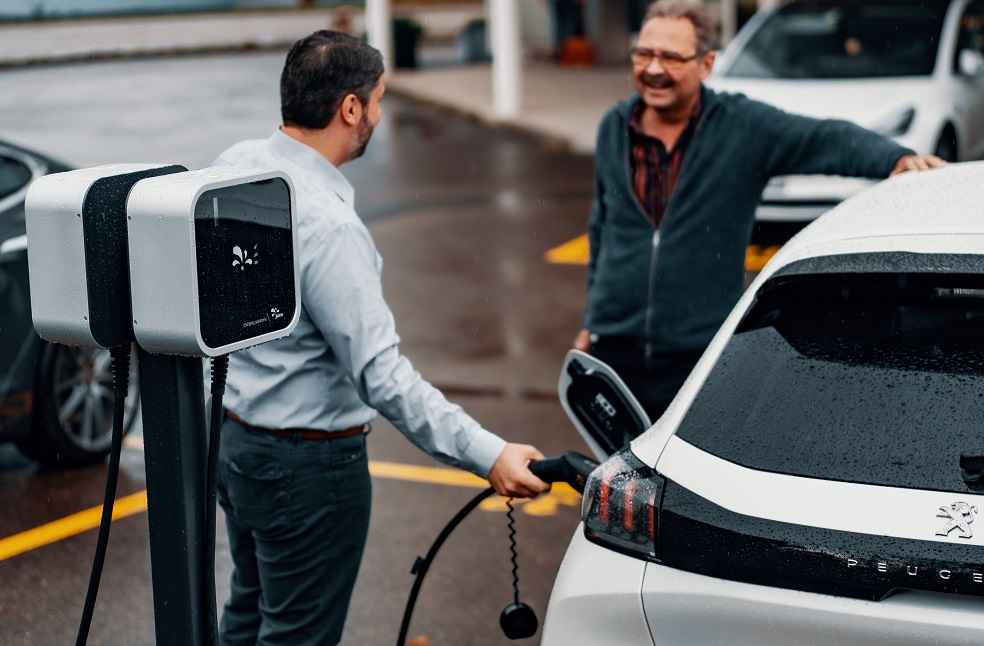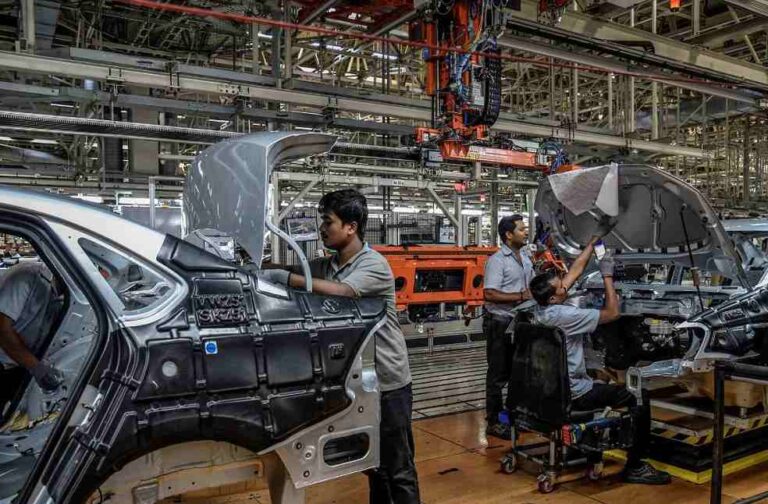India’s electric vehicle landscape faces a critical juncture as major auto manufacturers like Mahindra & Mahindra, Tata Motors, Maruti Suzuki, and Hyundai confront the government’s contemplation of lowering import duties for luxury EVs. This move, largely aimed to benefit companies such as Tesla, has sparked significant unease among these domestic giants, concerned about the impact of changing import duty policies on their market positions.
The government treads cautiously, with a senior official (source: Times of India) suggesting a potential temporary duty cut, stressing that the policy is still under development and subject to thorough discussions with industry players.
Tesla’s lobbying for reduced import tariffs, coupled with its plans to set up a manufacturing base in India for more cost-effective vehicles, sits at the heart of this debate. Yet, Indian carmakers, having invested heavily in local EV production and launched their models, stand firmly against this proposal, fearing market disruption and a betrayal of the government’s earlier commitments to early local investors.

Concern extends to global players too. Japanese automakers, focusing on hybrids as a bridge to future EV offerings, worry about the impact on their strategies. SIAM, representing these manufacturers, is formulating a response that mirrors the concerns of the domestic market, advocating against major tariff reductions.
German firms like BMW, Mercedes-Benz, and Volkswagen adopt a cautious stance, their future decisions dependent on whether they receive concessions similar to those potentially offered to Tesla.
Government officials themselves express reservations. On one hand, there’s apprehension about revenue loss and a policy skew towards luxury segments, conflicting with the current focus on affordable transportation. On the other, such a move could restrict leverage in future trade negotiations. Yet, advocates for duty reduction argue that this could spur a faster transition to electric vehicles, essential for sustainable transport.

This scenario places India’s automotive sector at a pivotal point. The outcome of the government’s decision on import duties will not only influence the entry of global EV leaders like Tesla but also shape the trajectory of existing and upcoming players in India’s EV market.





